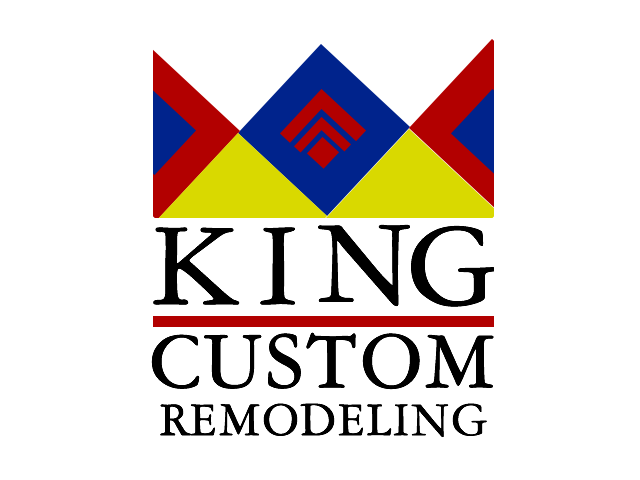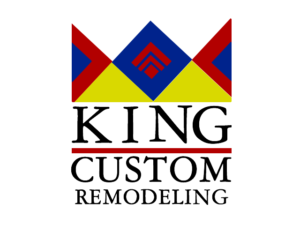When it comes to creating an outdoor oasis for relaxation and entertainment, one of the most important decisions homeowners face is choosing the right material for their decking. Two popular options that often vie for attention are composite and wood decking. Each material has its own set of advantages and drawbacks, and understanding them can help you make an informed decision for your next decking project.
Pros of Composite Decking:
- Low Maintenance: Composite decking is well-known for its minimal maintenance requirements. Unlike wood, composite boards do not require staining, sealing, or sanding to maintain their appearance and structural integrity.
- Durability: Composite decking is engineered to resist the effects of moisture, insects, and rot. It won’t splinter, crack, or warp over time, making it a great option for areas with harsh weather conditions.
- Eco-Friendly Options: Many composite decking brands offer eco-friendly alternatives made from recycled materials, reducing the demand for new timber and helping the environment.
- Color and Texture Variety: Composite decking comes in a wide array of colors and finishes. Allowing homeowners to achieve the desired aesthetic without sacrificing performance.
- Longevity: High-quality composite decking can have a longer lifespan compared to traditional wood, which may need replacement sooner due to wear and tear.
Cons of Composite Decking:
- Cost: Initially, composite decking can be more expensive than wood. However, the reduced maintenance and longer lifespan can help offset this cost over time.
- Heat Retention: Some composite materials can become hot to the touch under direct sunlight. Choosing lighter colors and products with heat-reflective properties can mitigate this issue.
- Appearance: While modern composite decking has come a long way in terms of aesthetics. Some homeowners still prefer the natural look and feel of real wood.
- Installation Complexity: Installing composite decking may require specialized tools and techniques, which can increase the overall installation cost if not done correctly.
Pros of Wood Decking:
- Natural Aesthetic: Wood decks have a timeless, rustic appearance that many homeowners find appealing. The warmth and character of wood can enhance the overall ambiance of your outdoor space.
- Initial Cost: Wood decking is often more budget-friendly upfront, making it an attractive option for those looking to keep costs down.
- Repairability: When a wooden deck gets scratched or damaged, it can be easier to repair compared to composite decking. Sanding and refinishing can restore its original look.
- Classic Appeal: Wood decks exude a traditional charm that can add value to a home, particularly in certain architectural styles.
Cons of Wood Decking:
- Maintenance Demands: Wood decking requires regular maintenance, including staining, sealing, and occasional repairs to prevent rot, warping, and decay.
- Durability: Wood is susceptible to moisture, insects, and environmental factors, which can lead to a shorter lifespan compared to composite materials.
- Environmental Impact: Traditional wood decking can contribute to deforestation and may not be as sustainable as eco-friendly composite options.
Ultimately, the decision between composite and wood decking hinges on your priorities, budget, and preferences. While composite decking offers low maintenance and durability, wood decking provides a classic, natural aesthetic. Carefully weigh the pros and cons of each material to select the one that best aligns with your vision for the perfect outdoor living space. Whether you opt for the modern convenience of composite or the timeless charm of wood, your new deck is sure to become a favorite gathering place for years to come. Don’t hesitate to contact us.








